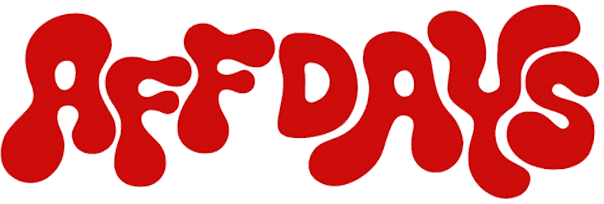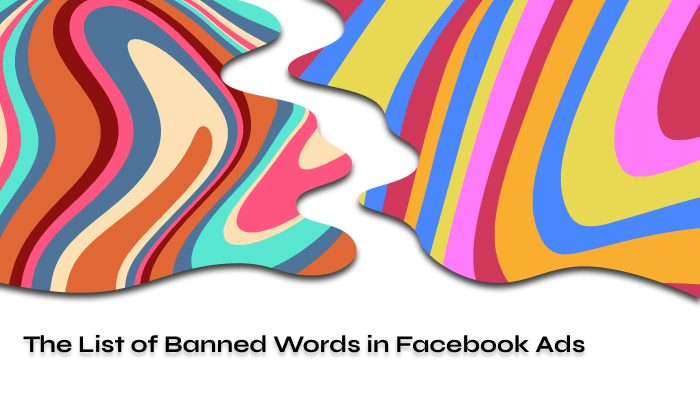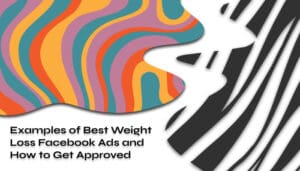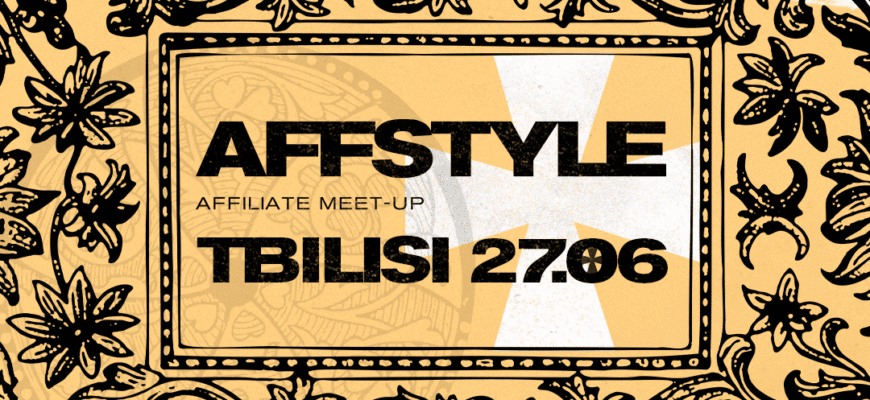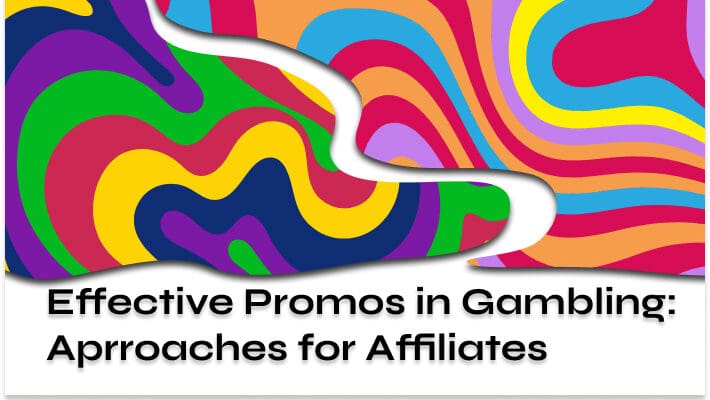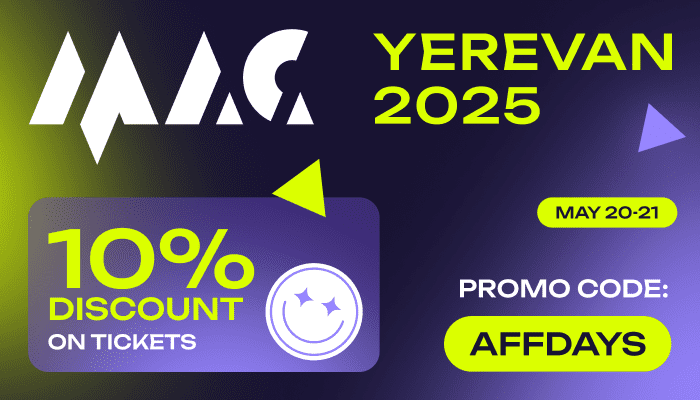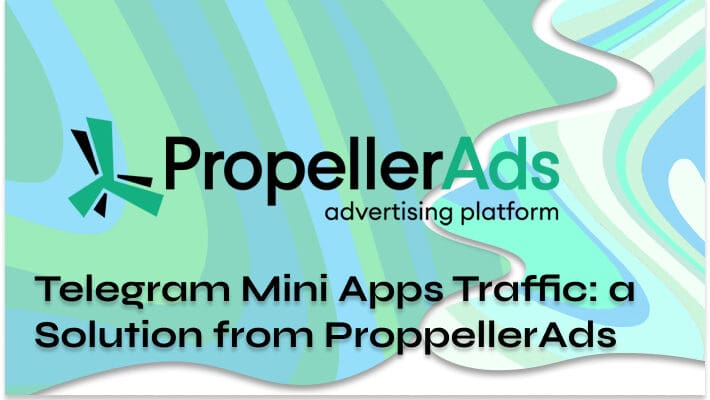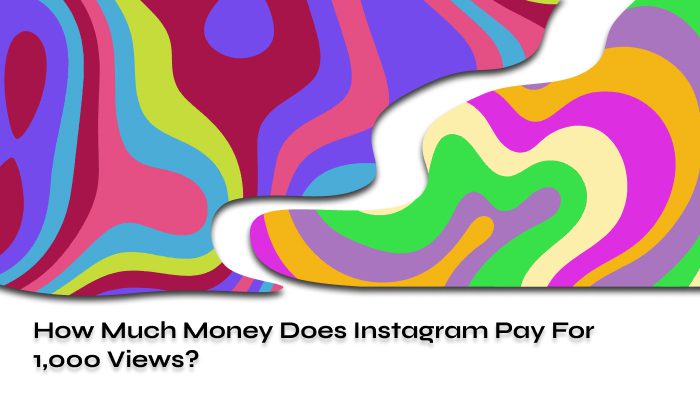Facebook has a strict advertising policy, and all ads are thoroughly reviewed before ‘going on air’. For example, you may have a high-quality and well-crafted advertisement, but if it’s dedicated to vaping, it will not pass the check as Facebook prohibits the promotion of nicotine-related products. Such things happen because there is a certain list of banned words in Facebook Ads, and you should be aware of it to avoid submitting a Facebook policy appeal later.
All this poses a major obstacle to affiliates and businesses seeking to promote their products, services or to drive traffic from Facebook. Before we get down to explaining different categories of words and giving examples, let’s take a step back to have a better understanding of what this problem consists of.
By the way, at the end of the article you’ll find two more sources of words that you should avoid on Facebook Ads, so read on!
- Some basics to start with
- Why does Facebook restrict certain ads?
- Categories of restricted words you need to avoid
- You, to you, your
- Too personal
- Sensitive content
- Earn million in one hour
- Curse words
- Words related to global issues
- Aggressive style
- The word ‘Facebook’
- Copyright infringement
- Tobacco, drugs, weapons
- Forbidden topics
- Alternative approaches for reaching your target audience
- Success Stories and Alternative Approaches
- Bonus hints!
- Conclusion
- FAQ
- Why does Facebook ban certain words in ads?
- What are some examples of commonly banned words on Facebook?
- Can I appeal if my ad is rejected due to banned words?
Some basics to start with
For those who are not in the know, some basics first: Facebook Ads automatically examines ads for specific language that violates its policies, and in many cases, it will deny ads containing such terms, even if they don’t actually contradict the advertising guidelines. In other words, there are algorithms that check your ad, and even a word is enough for your advertisement to be declined.
Not everyone can follow the guidelines with equal ease. Established advertisers with a longer advertising history are generally more immune to these issues than newer or less active advrertisers. As a result, it’s becoming increasingly challenging for many advertisers to get their ads approved on Facebook.
Of course, there is a possibility to appeal — you can request a manual review, during which you must explain in detail why you believe your ad meets Facebook’s standards. A moderator will evaluate your ad, and if it passes the examination, it will be activated. If not, you’ll receive feedback detailing the specific policies the ad violated. But do you want to do this?
If you failed to comply with the guidelines, you’ll see this notification:
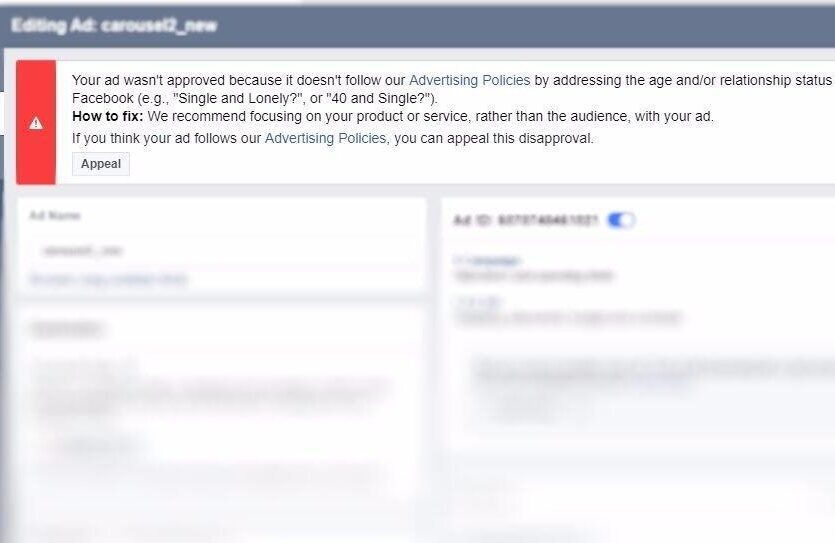
If you receive a notification like this, you’ll be prompted to check your Facebook account, and your ads will be suspended until you correct the issue. If you continue to receive multiple warnings, your advertising account may be blocked by Facebook.
There are ways to circumvent this, and we have well covered them in our separate section here, but, actually, it’s best to avoid such situations.
Why does Facebook restrict certain ads?
One last thing before we proceed to different word categories — let’s define the reasons for restrictions in general:
- Protecting users. Facebook wants to protect users from scams, misleading information, and harmful products. By restricting ads with exaggerated claims or references to illegal goods, they create a safer online environment.
- Positive user experience. Offensive, hateful, or overly negative content is discouraged. This creates a more inclusive experience for users.
- Privacy concerns. User privacy is a top priority, as Facebook says. Facebook limits targeting options and personal information in ads to prevent exploitation.
- Fairness and regulations. Local advertising regulations vary. Facebook might restrict content like gambling or alcohol ads depending on the location.
Categories of restricted words you need to avoid
People have been advertising on Facebook for years now, so, eventually, they have gathered a lot of data related to what Facebook Ads dislikes, including the specific words. For your convenience, we split these words into categories.
You, to you, your
Let’s examine the first scenario. Consider this advertisement — ‘Are you a busy mom working a lot without enough time to make a meal for your family?’
Facebook dislikes ads that are too direct or overly appeal to the pain points of the target audience.
Similar to how Google’s algorithm detects keywords to boost your page in search results, Facebook’s algorithm can identify when you use excessive ‘you‘ or ‘your‘ words to directly address viewers on the platform. Although ads containing these words can sometimes pass, they often pose issues, so it’s better to avoid using them.
Facebook wants your ads to blend in with your newsfeed and not stand out from the posts created by your friends. This approach may be good for Facebook, but quite doubtful for advertisers. Anyway, don’t worry, you can still do something efficient.
A useful approach is to leverage stories, reviews, and personal experiences to ensure your ads are not rejected. Remove as many ‘you‘ or ‘your‘ references as possible from the text. For example, the ad we previously mentioned could be rephrased as follows — ‘Dinner is ready! Fast food delivery for busy families.’
Too personal
Facebook prohibits touching on someone’s personal attributes, whether through direct or indirect references to factors like race, religion, or age. Ads containing questions such as ‘Are you Christian?‘ or ‘Are you over 30?‘ are likely to be blocked as they allude to the personal characteristics of the target audience.
Sensitive content
Sensitive topics like health, weight loss, cosmetics, anti-aging products, and dietary supplements are closely monitored by Facebook in 2025, and ads that touch on them are likely to be rejected. It’s advisable to avoid using negative words or pain points such as ‘diet,’ ‘weight loss,’ ‘fat,’ ‘depression,’ ‘anxiety,’ ‘stress,’ ‘fear,’ ‘shock,’ or ‘fright.’
To get around this, try to use positive language that focuses on how people will feel after using the product. Instead of ‘Lose 20 kg this summer!‘ try ‘Feel great and stay in shape this summer with our free fitness class!‘

Earn million in one hour
Facebook is very strict when it comes to ads that promise quick or easy money-making ways, work-from-home opportunities, or unrealistic claims. These types of ads can be rejected or even lead to the blocking of your advertising account. To avoid such issues, it’s better to focus on the advantages of your offer in the ad copy rather than making false promises. Facebook’s algorithm also prefers ads that don’t sound too good to be true. Instead of writing ‘Get $3,000 in a month with this free webinar,’ a better way to phrase the ad could be ‘Learn the top five strategies to increase your income with this free webinar.‘ By avoiding false claims and using realistic language, you can improve the chances of your ads being approved on Facebook.
Curse words
Correct, profanity and explicit content are strictly prohibited on Facebook. Advertisements that contain such content can be rejected or lead to account suspension. Make sure your content is appropriate for all ages and does not contain any offensive language or imagery.
Words related to global issues
Facebook would not like anyone to benefit from what is going on in the world. For example, during COVID-19 pandemics, all the words related to it were leading to a ban. Perhaps, even now if you launch an ad campaign with words related to Coronavirus, your ad will be denied.
Other topics like military conflicts, cataclysms, different disasters, and so on fall into this category as well.
Anyway, the tricky situation is that if we totally avoid such topics, it may seem that we do not care at all. That’s why we can mention it but in a manner that pleases Facebook.
So how one would even manage doing this? Surprisingly, it’s not really difficult. Continuing with the COVID-19 example: you could have avoided using the words ‘pandemic‘, ‘Coronavirus‘, ‘infection‘, ‘anxious‘, ‘disease‘ because they were excessively used at that moment, and Facebook banned ads containing them. At the same time, you could use words as ‘confirmed case‘, ‘positive case‘, ‘social distance‘ independently.
So how affiliates and advertisers were figuring this problem of not being allowed to speak directly about this most pressing issue? They were trying to substitute the above mentioned words with ‘stuck at home‘, ‘chaos‘, ‘trying times‘, ‘well-being‘ and so on. Everyone got it.
Aggressive style
That’s correct. Facebook’s ad policy discourages the use of excessive capital letters and exclamation marks in ad text as it can be perceived as aggressive or spammy. Advertisers are encouraged to use proper capitalization and punctuation to make their ad clear and readable. Overuse of symbols, punctuation, or capital letters can also trigger Facebook’s spam filters and cause the ad to be rejected.
The word ‘Facebook’
The one certain word you should avoid is… ‘Facebook.’ Facebook has strict guidelines about how their name can be used in ads, and you should follow those guidelines to avoid any confusion or suggestion of partnership. However, there is one exception: if you are advertising a Facebook-specific product or service, then you may use the word ‘Facebook‘ in your ad.
Interesting case: a court in US dismissed a lawsuit against Meta for fake celebrities on Facebook Ads.
Copyright infringement
It’s important to avoid using any text or images that may violate someone else’s copyright or intellectual property rights. It’s always best to create your own unique content, but if you are inspired by someone else’s work, make sure to give them credit or seek permission before using it in your ads.
Tobacco, drugs, weapons
Advertising products such as cigarettes, vaporizers, guns, ammunition, explosives, and similar items is strictly prohibited on Facebook. Absolutely avoid using any related keywords or phrases to prevent your ads from being blocked or removed.
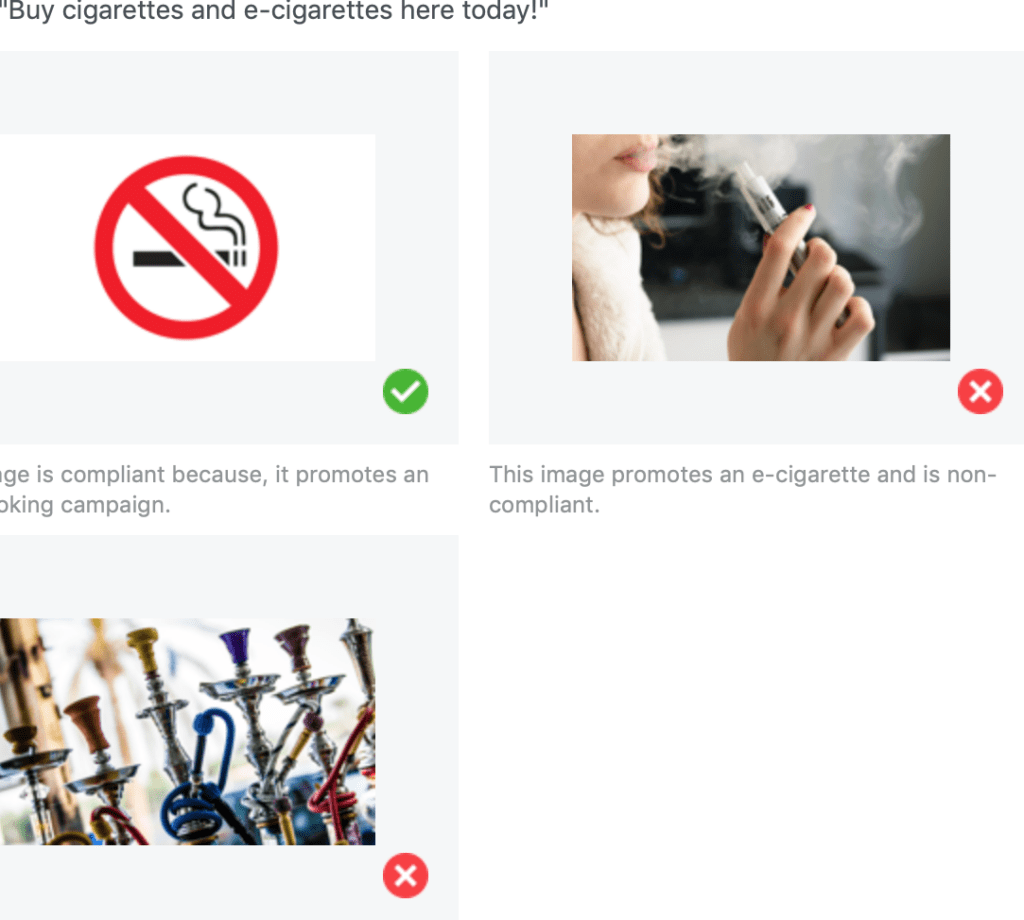
Forbidden topics
To ensure your ads are ‘eco-friendly’ and appeal to a wider audience, avoid certain topics that can be highly controversial and spark debate. These topics include politics, religion, sexuality, gender identity, conspiracy theories, feminism, and body positivity. While humor is acceptable, cynicism should be avoided. Toxic comments are detrimental to business and public accounts as they detract from the primary purpose of promoting products and services. On the other hand, entertainment communities can benefit from content that pushes boundaries and is edgier. By steering clear of divisive issues, businesses can create more positive and effective ad campaigns.
Ads can be rejected for various reasons, not just for the use of banned words. In our article, you will learn why your ads can be rejected and how to deal with it. Read more: Fixing (and Preventing) Facebook Ads Rejections
Alternative approaches for reaching your target audience
But what to do If your product or service falls under a restricted category? Here are some alternative approaches for reaching your target audience on Facebook:
General brand image promotion:
- Promote a related product or service. Do you have a product line that isn’t restricted? Try to advertise this product and subtly mention the restricted category to pique interest.
Content marketing strategies:
- Run contests and giveaways. Host contests or giveaways related to your brand or a non-restricted product. It is a good way to attract new followers, used by famous bloggers and influencers.
- Partner with influencers. Furthermore, try to collaborate with relevant influencers who can promote your brand or a non-restricted product to their audience. Followers often trust the opinions of their favorite bloggers, so many of them will be interested in your brand.
Use of other platforms:
- Focus your advertising efforts on platforms with less restrictive ad policies. If you can’t succeed on Facebook, try exploring other social media channels, search engine marketing, or email marketing to reach your target audience.
- Drive traffic to your website. In addition, you can use Facebook ads to promote informative blog posts or landing pages that provide more details about your product or service (while adhering to Facebook’s guidelines).
Success Stories and Alternative Approaches
You may think now that advertising on Facebook is something you cannot afford. Yes, this is tricky but feasible. Despite the restrictions, many advertisers have found success on Facebook. Here are some inspiring examples:
- Dollar Shave Club. This company built brand awareness with humorous ads that focused on their company culture and core values, without directly mentioning razors (a restricted category).
- Nike. Nike uses Facebook to promote inspiring stories of athletes and their dedication to fitness, connecting with their target audience without directly advertising specific athletic wear.
- Headspace. This meditation app couldn’t directly advertise its mental health benefits. Instead, they created engaging content about mindfulness and stress management, attracting users interested in their product.
All this was accomplished by regular webmasters and affiliates.
Bonus hints!
Here are some bonus hints for you.
- Take a look at our separate article on stop words for different countries, this might be useful as well.
- Another useful thing we’d like to offer is a list of words as a file on Google Drive that have proven harmful when advertising on Facebook. This is a collection of words that different affiliates shared with us.
Also, for inspiration, you can explore Facebook’s ad Library and observe successful ads from your competitors or similar industries.
Conclusion
To ensure your advertising on Facebook is effective, it is important to adhere to ethical standards. Avoid any content that may be deemed offensive, deceitful, or misleading. If you find it challenging to remember all the rules, just stick to this main principle.
If you believe your ad was rejected mistakenly, you can contact Facebook by filling out a form.
FAQ
Why does Facebook ban certain words in ads?
Facebook bans certain words in ads to ensure a safe and positive user experience. These words may include those related to sensitive topics, prohibited content, or potentially offensive language, aiming to maintain a platform that is inclusive and respectful to all users.
What are some examples of commonly banned words on Facebook?
Commonly banned words on Facebook include those related to sensitive topics such as adult content, violence, discrimination, and illegal activities. Examples include сurse, agressive, and corona words. It’s important to review Facebook’s advertising policies regularly for the most up-to-date list of banned words.
Can I appeal if my ad is rejected due to banned words?
Yes, you can appeal if your ad is rejected due to banned words. Facebook allows advertisers to request a review of the ad if they believe it was mistakenly disapproved. If you believe your ad was incorrectly rejected, you can submit an appeal through the Facebook Ads Manager.
